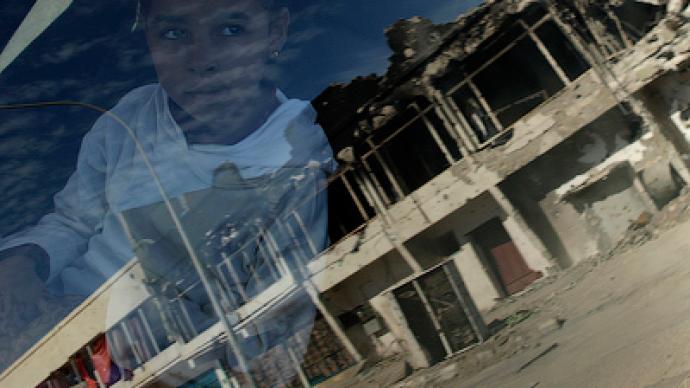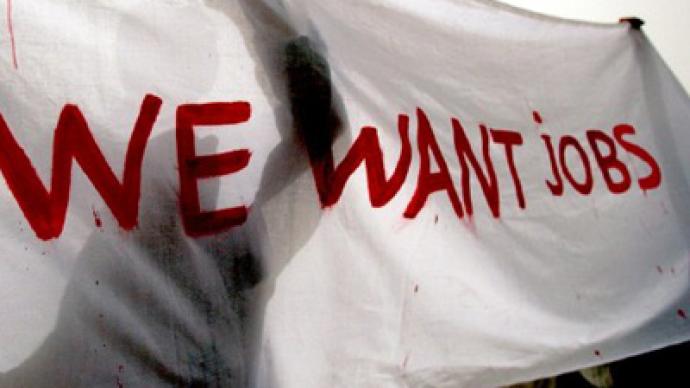Sudanese President Omar al-Bashir has arrived in Libya for the first state visit with Libya's National Transitional Council. Meanwhile, human rights groups condemn the move as Bashir is wanted by the International Criminal Court on genocide charges.
Upon his arrival in Tripoli, the Sudanese president was met by NTC chair Mustafa Abdel Jalil and other members of the interim government. Bashir offered his nation’s help in disarming Libya’s former rebel fighters and integrating them into the army and police. “We have good experience in integrating insurgents and entering them into the armed forces or the police,” he said.Bashir, who was a bitter opponent of Gaddafi, and claims that Sudan provided weapons to help oust him, said he came to underline Sudan's support for the Libyan people and the country's new government."We all suffered from the old regime. We [the Sudanese] were the second to have suffered the most, after the Libyan people," Bashir said.Human Rights Watch said that welcoming Bashir in Libya “raises questions about the NTC's stated commitment to human rights and the rule of law.” "Following the end of decades of brutal rule in Libya, it is disturbing if Tripoli hosts a head of state on the run from international arrest warrants for grave human rights violations," the official statement reads.Sudanese revolutionaries have called for the Libyan authorities to arrest Bashir during his visit and send him to the ICC. “We condemn the [Libyan] revolutionary authorities for receiving Bashir,” Ibrahim al-Hillu of Darfur’s Sudan Liberation Army faction said, as cited by AFP.In 2008, the International Criminal Court in The Hague issued a warrant for Bashir accusing him of genocide, crimes against humanity and war crimes committed in the Darfur region beginning in 2003.Patrick Hayes, a reporter for the 'Spiked' online magazine, thinks that in welcoming Bashir, the NTC is following the same double standard policies demonstrated by the West.“There are double standards here, but at the same time Western leaders are very open to doing this, and do it themselves as well,” he said.Hayes believes the meeting is of big regional significance for Libya.“In terms of local relations, Sudan is a massive player in the region – and it makes sense that leaders of local countries meet and enter a discourse,” he explained.


